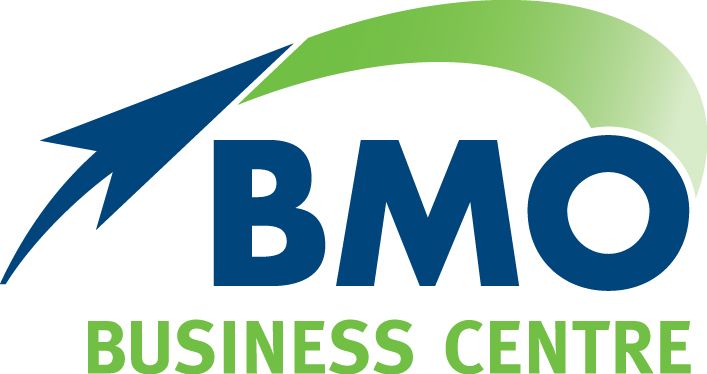Are you earning personal services income?
As we all sit down to prepare our tax returns for the financial year that was, it’s a good time to consider the complex issue of personal services income (PSI).
Whether or not your income is assessed as PSI can make a big difference to your tax bill, so taxpayers need to understand how the regime works and the tests used to determine if you are earning PSI.
Why it matters
With more and more Australians working for themselves in small and micro-businesses, many people are choosing to use a company structure. One reason for doing so is because the tax rate can be lower (27.5 per cent for companies with a threshold under $25 million, compared to the top personal tax rate of 45 per cent plus 2 per cent Medicare levy).
Companies may also be able to claim a number of useful tax deductions, distribute franked dividends to their shareholders, and even choose to retain profits within the business.
Like most things in life, however, there are considerations for the unwary. The ATO can choose to ‘look through’ this arrangement if it deems you are earning PSI. If this happens, income is attributed back to you as an individual taxpayer, rather the company. Not only will you be paying tax at your normal (usually higher) marginal tax rate, but your deductions and claims will be limited to those available to an individual taxpayer.
Personal effort or selling goods?
So, what is classified as personal services income?
If a company, trust or partnership’s income is derived mainly from supplying or selling goods, an income-producing asset, or granting a right to use property (such as intellectual property), the income is not normally deemed to be PSI. If, however, the income comes mainly from the personal effort or skills of an individual, the ATO is likely to take a closer look.
Professions commonly affected by the PSI regime include doctors, construction workers, IT consultants, engineers and financial professionals running a small business through a company. (i) The ATO classifies income as PSI if more than 50 per cent of a contract amount is for labour, skills or expertise. To help taxpayers work this out, the ATO provides a Personal Services Income Decision Tool.
If any of your income is classified as PSI, the ATO sets a number of special tests to see if the PSI rules apply. If the PSI rules do not apply, your business is classified as a personal services business (PSB), but you will still need to declare any PSI on your tax return.
Qualifying as a personal services business
To be deemed to be running a PSB, you must either meet the Results Test; derive less than 80 per cent of your PSI from one client and meet one of three PSB tests; or apply for an ATO determination.
The ATO’s Results Test is self-assessed and it requires an individual or trading entity to receive at least 75 per cent of their PSI for producing a result. Under this test, a contractor must work to produce a given result rather than be paid an hourly rate. They must also provide their own tools and equipment and be required to rectify any defective work.
Businesses that cannot satisfy the Results Test can also seek to qualify under three other tests if less than 80 per cent of their income comes from one client. An individual exceeding this limit must apply to the ATO for a PSB determination.
The additional tests consider factors such as the number of unrelated clients serviced following advertising or tendering for work; whether the individual or business engages other entities to perform at least 20 per cent of work annually; and if physically separate business premises are maintained and used.
As you can see, the rules around personal services income are complex. If you would like more information or help in determining how they will affect your 2017-18 tax return, call our office to make an appointment.
This article is general in nature. Before making any financial or investment decisions, we recommend you consult a financial planner to take into account your particular investment objectives, financial situation and individual needs. Principal Wealth Management Pty Ltd trading as BMO Financial Solutions ABN 53 109 336 601 is a Corporate Authorised Representative of McPherson & Associates Pty Ltd Australian Financial Services Licence (AFSL) 229883. McPherson & Associates Pty Ltd and its Authorised Representatives do not accept any liability for any errors or omissions of information supplied in documents, blogs or articles on this website.
The post Are you earning personal services income? appeared first on BMO Accountants.


